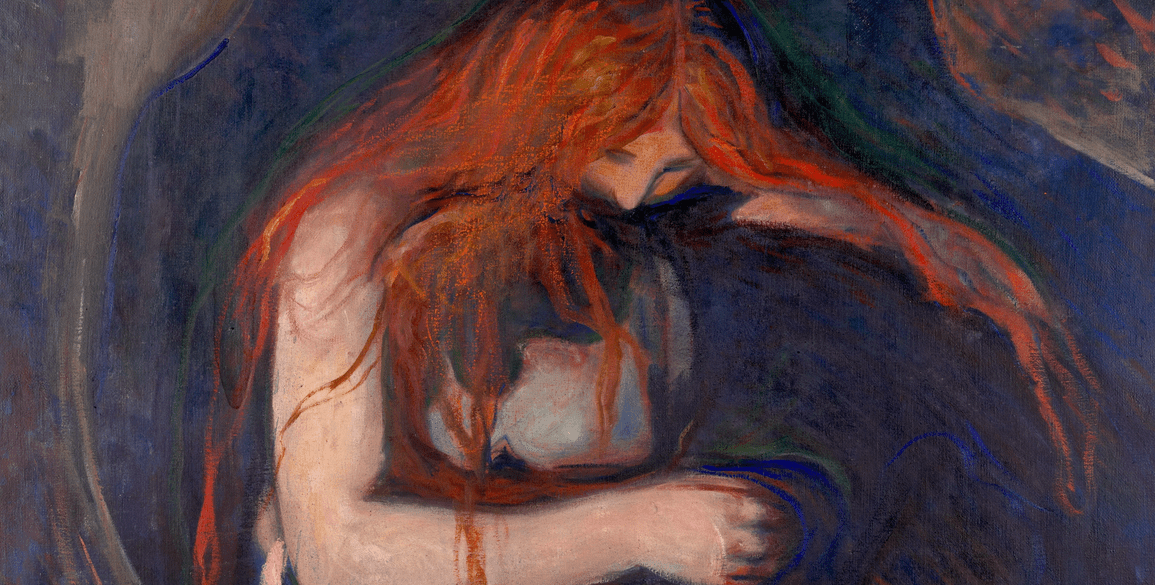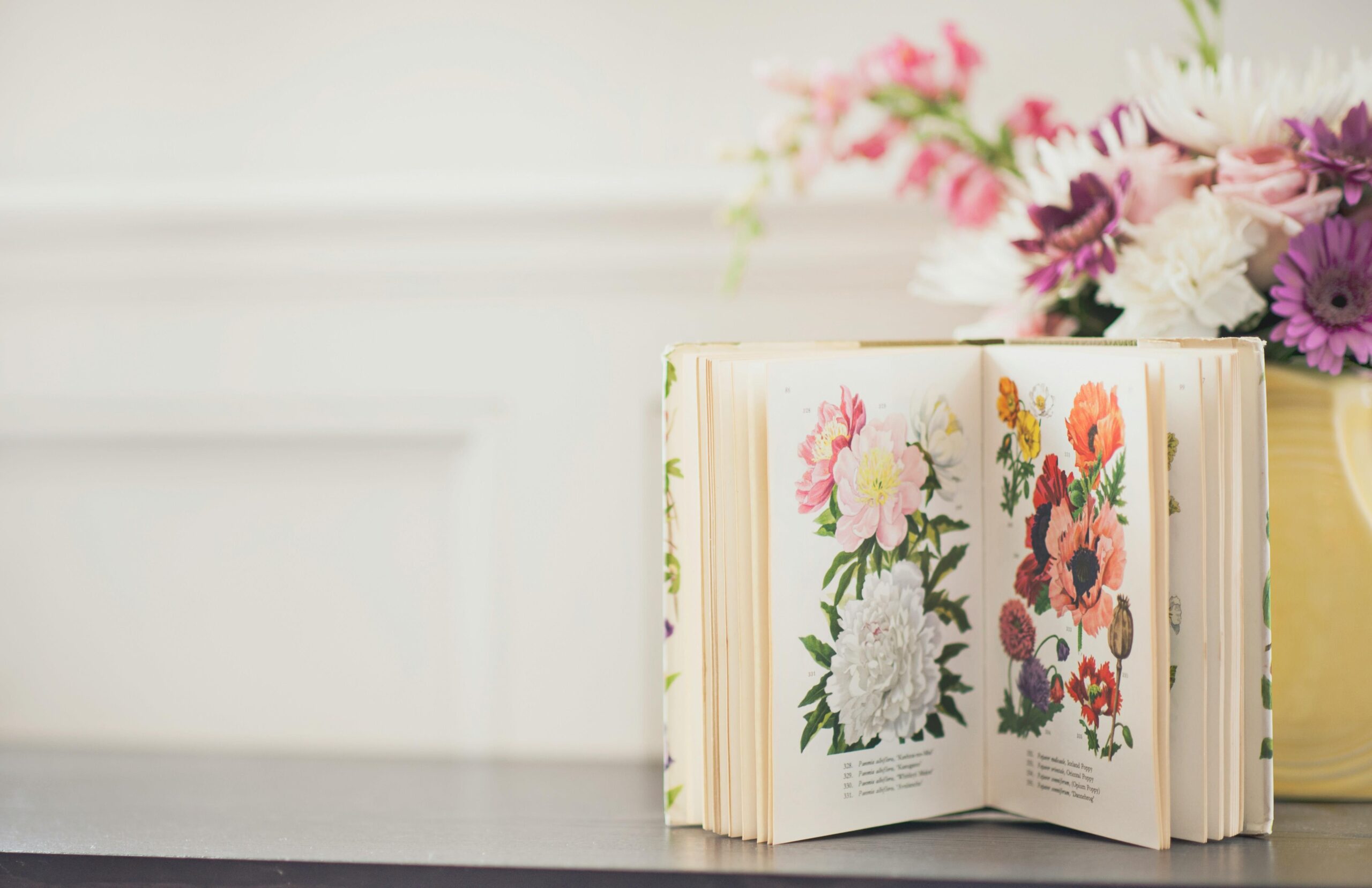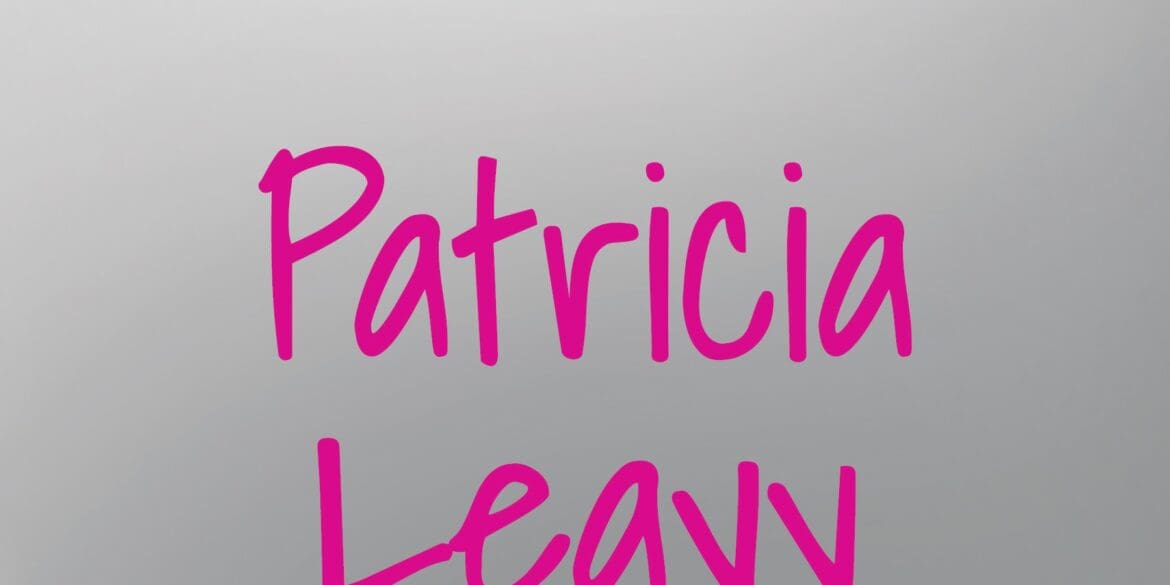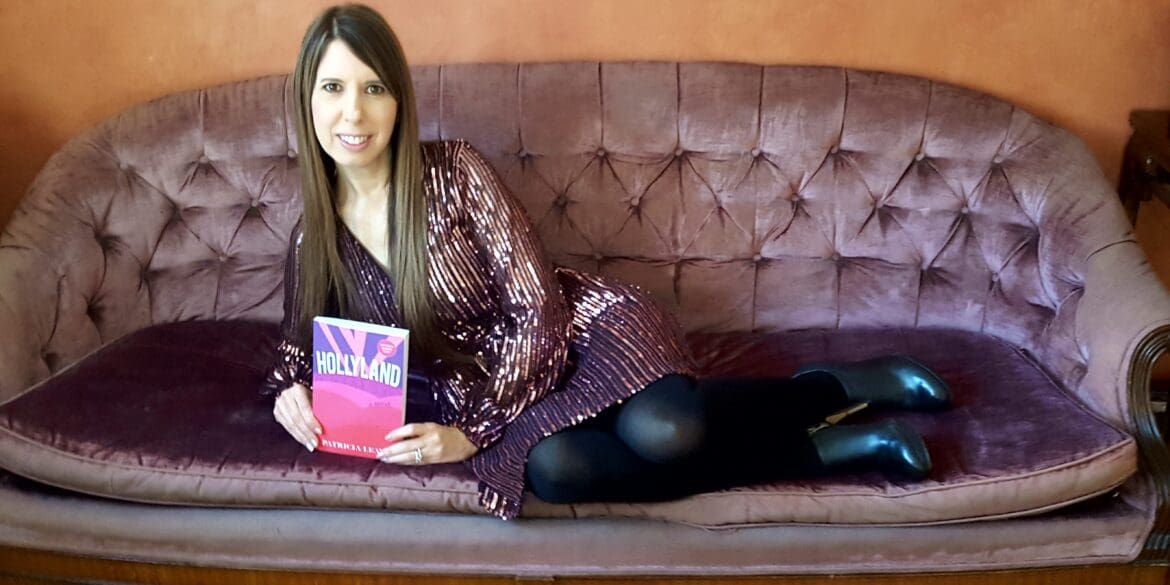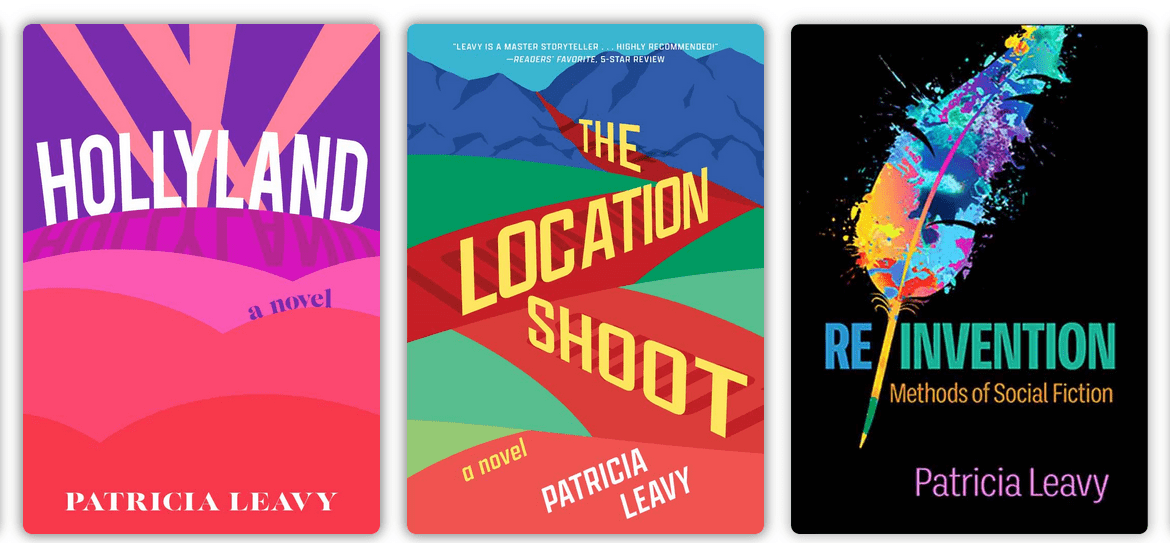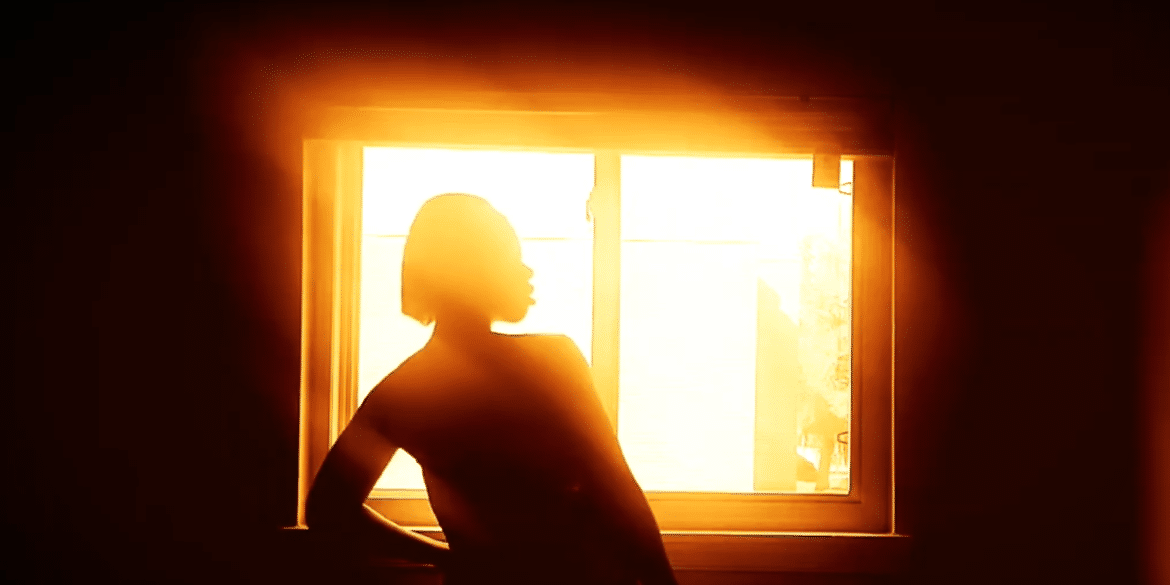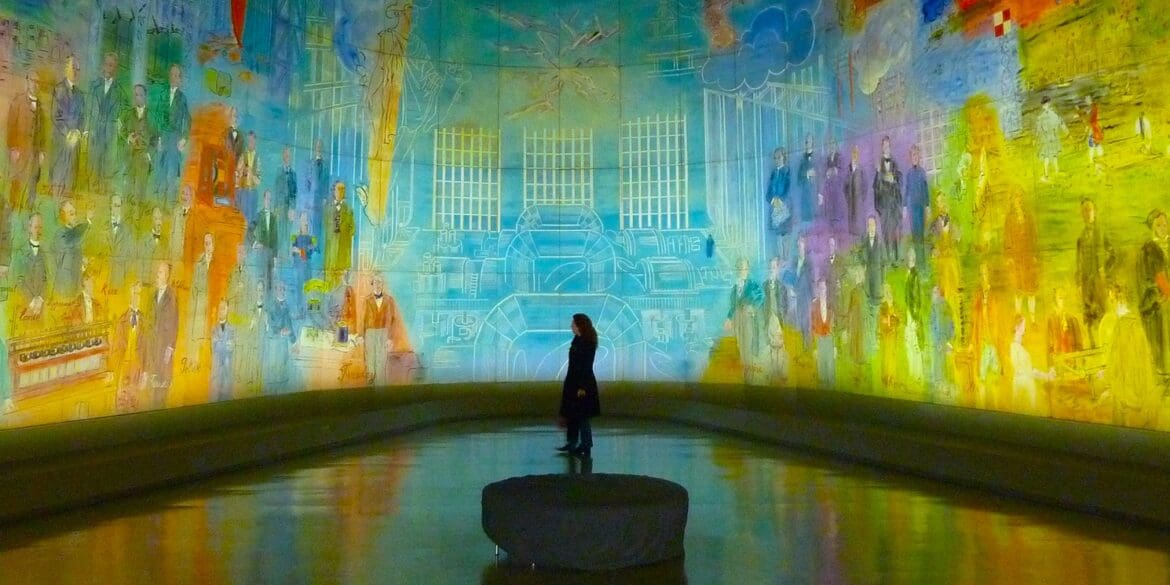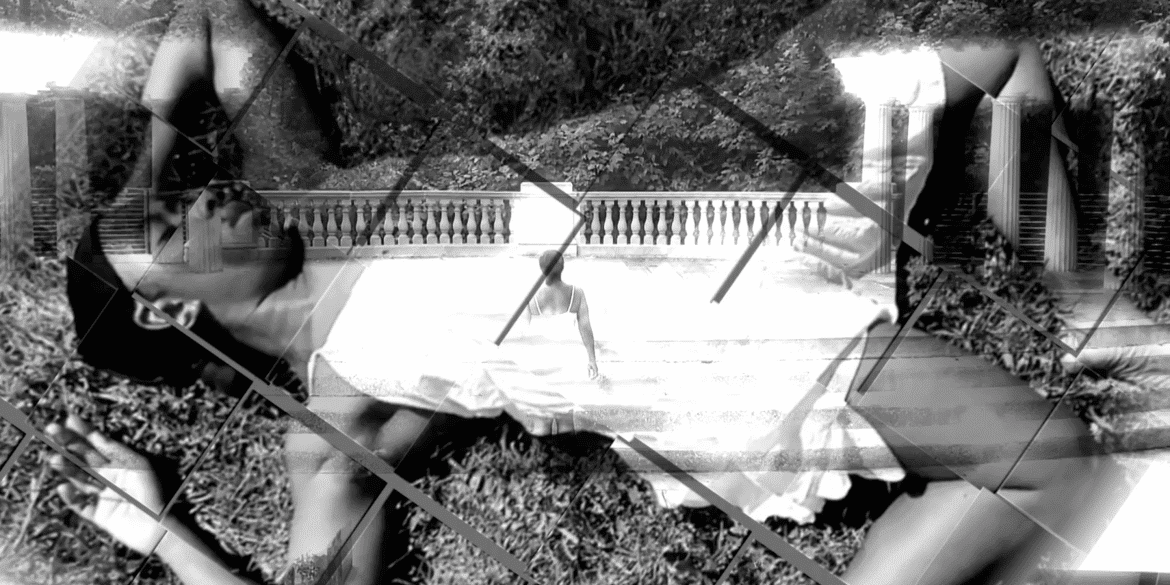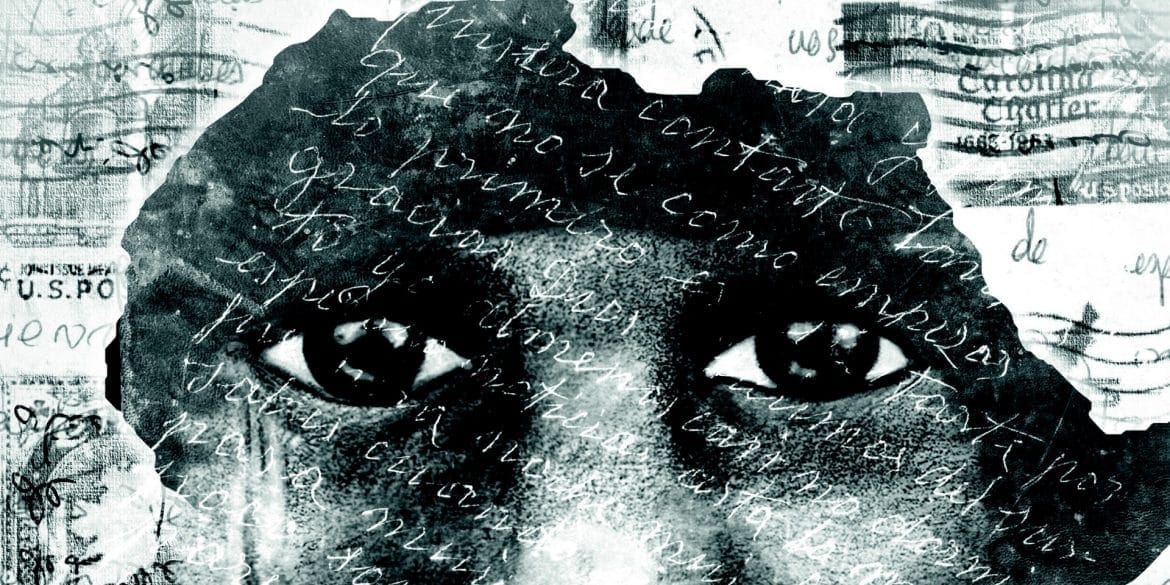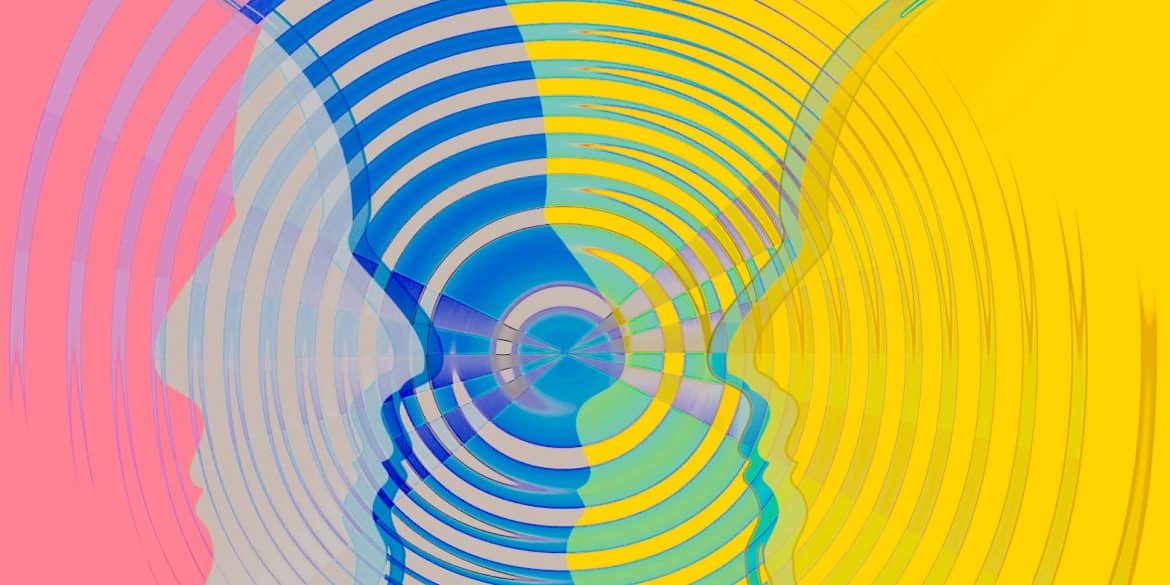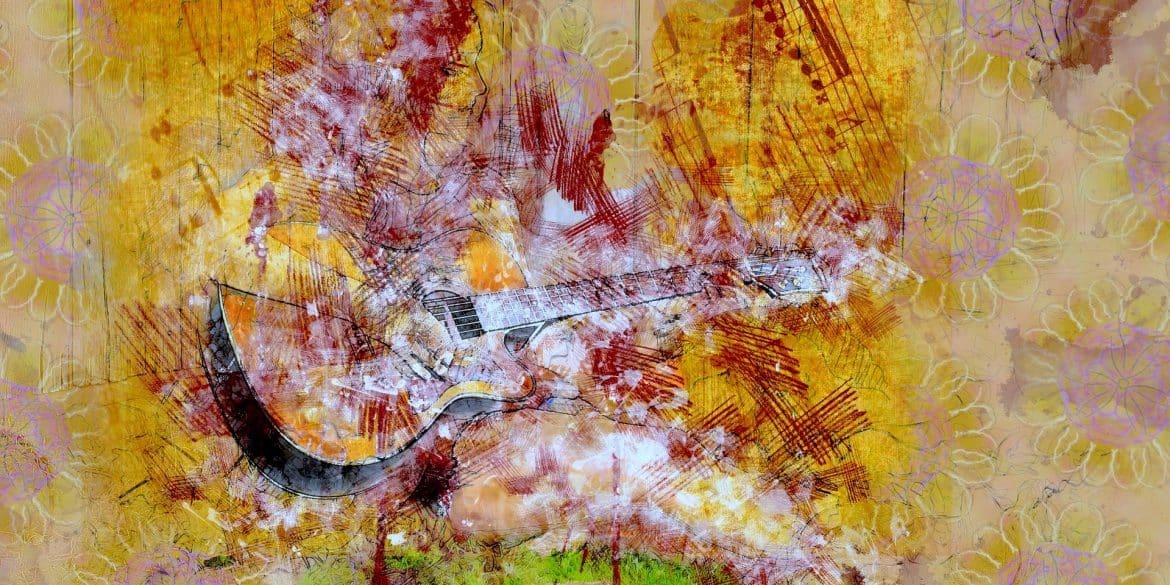Through our collaborative autoethnography, we learned that intentionally spending time with grief is well worth the effort.
Christine Sleeter·
All ContentAutoethnographic EssaysCelebrating Dr. Patricia Leavy's Social Fiction 2024MoreReflections on MethodSpecial Issues
··23 min readChristine Sleeter writes about Dr. Patricia Leavy's new genre, Sleeter's own books and her reflections on the social fiction series.
U. Melissa Anyiwo·
All ContentAutoethnographic EssaysCelebrating Dr. Patricia Leavy's Social Fiction 2024MoreReflections on MethodSpecial Issues
··31 min readThis piece is intended to give you a sense of the ways in which I use Low-Fat Love in the classroom and why just using it makes the world a better place.
Laurel Richardson and U. Melissa Anyiwo·
All ContentAutoethnographic EssaysCelebrating Dr. Patricia Leavy's Social Fiction 2024MoreReflections on MethodSpecial Issues
··14 min readLaurel Richardson and U. Melissa Anyiwo writes the introduction to this special issue celebrating Dr. Patricia Leavy’s work.
Patricia Leavy·
All ContentAutoethnographic EssaysCelebrating Dr. Patricia Leavy's Social Fiction 2024MoreReflections on MethodSpecial Issues
··11 min readWriting fiction allows me to document reality and to reimagine it, just as we can always reimagine ourselves. And that is why we need stories.
Shanita Mitchell and Marlen Harrison·
All ContentAutoethnographic Art & MultimediaMorePodcastsReflections on MethodVolume 3, Issue 2 (2023)
··18 min readToday we're talking with the award-winning author, researcher, and performer, Shanita Mitchell about performance and autoethnography.
I introduce artistic autoethnography and how the term a/r/tifact opens up the imagination to the possibilities of autoethnographic artmaking.
How do creatives find joy in artistic performance as a form of black feminist autoethnography? Podcast & video.
This video explores how editors have developed their approach to reviewing creative autoethnography and highlights strategies for contributors.
In The AutoEthnographer’s latest podcast, Marlen Harrison talks with Sandra Faulkner about collage and visual poetry.
What is autoethnography? The AutoEthnographer's international team of editors offer definitions & suggested readings.
"It is my hope that these words will serve as the beginning of an ongoing dialogue about what it means to live autoethnography."


